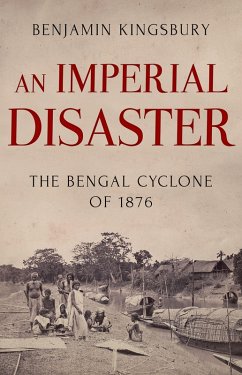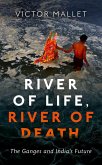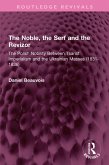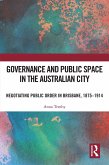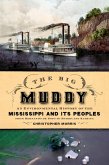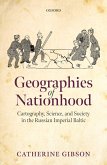The storm came on the night of 31 October. It was a full moon, and the tides were at their peak; the great rivers of eastern Bengal were full of monsoon rain. In the early hours the inhabitants of the coast and islands were overtaken by an immense wave from the Bay of Bengal -- a wall of water that reached a height of 40 feet in some places. The wave swept away everything in its path, drowning around 215,000 people. At least another 100,000 died in the cholera epidemic and famine that followed. It was the worst calamity of its kind in recorded history. Such events are often described as "natural disasters." Kingsbury turns that interpretation on its head, showing that the cyclone of 1876 was not simply a "natural" event, but one shaped by all-too-human patterns of exploitation and inequality -- by divisions within Bengali society, and the enormous disparities of political and economic power that characterized British rule on the subcontinent. With Bangladesh facing rising sea levels and stronger, more frequent storms, there is every reason to revisit this terrible calamity.
An Imperial Disaster is troubling but essential reading: history for an age of climate change.
Dieser Download kann aus rechtlichen Gründen nur mit Rechnungsadresse in A, B, BG, CY, CZ, D, DK, EW, E, FIN, F, GR, HR, H, IRL, I, LT, L, LR, M, NL, PL, P, R, S, SLO, SK ausgeliefert werden.

